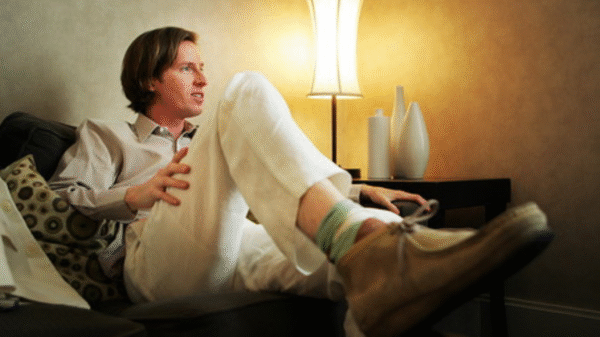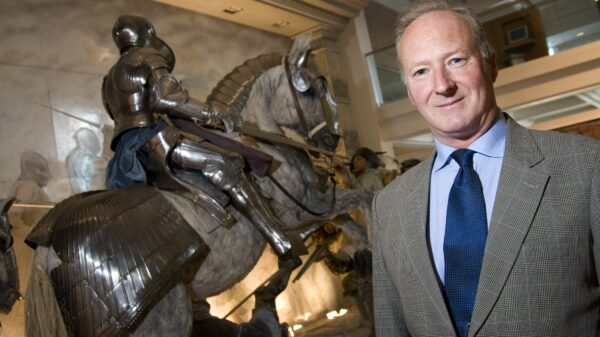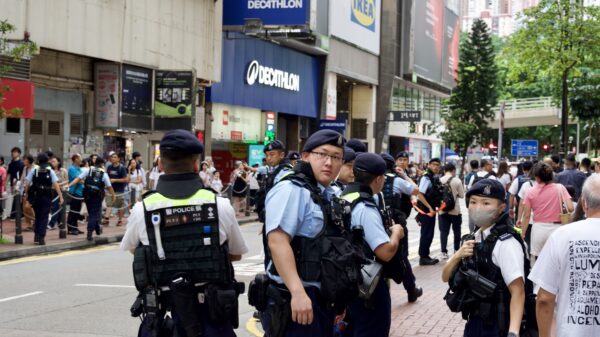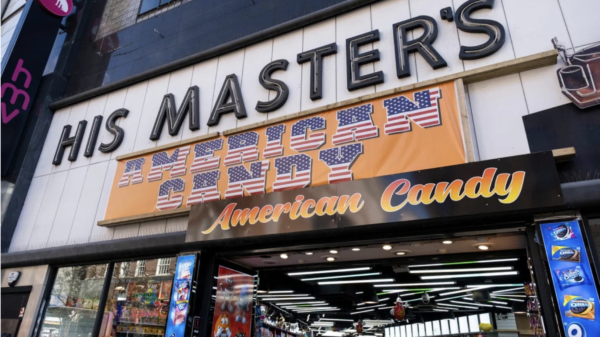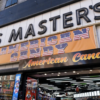Roar writer Anoushay Okhai on the connection between UCL and eugenics, and why it shouldn’t take a global movement for UCL to address their past.
UCL has announced that they are changing the names of their buildings and lecture theatres named after prominent eugenicists. The Galton and Pearson lecture theatres and Pearson building signs are to be immediately removed, with more progress around campus to be made when possible.
This is the first time the university has taken decisive action to unbind the institution from its history with eugenics. However, it is 2020; students and staff have been campaigning for these results for years. Why is UCL only addressing these issues now?
On June 2, seventeen days prior to their announcement, the institution tweeted a message of solidarity with BAME students and staff, saying, “Appalling recent events in the US have shone a clear light on racialised inequalityâ€. It is questionable to say America needed to break out in protest for UCL to become aware of prejudices within British society, particularly when their reputation has historically profited from it.
Appalling recent events in the US have shone a clear light on racialised inequality & injustice. Any form of discrimination anywhere is opposed to our values. We stand in solidarity with our Black & racially minoritised students & staff. #BlackLivesMatterhttps://t.co/60DX3cZl7v
— UCL (@ucl) June 2, 2020
Frances Galton founded the eugenics movement in 1833, linking a pursuit of genetic optimisation to race and white supremacy. He went on to sponsor UCL, where he established the first-ever Department of Eugenics, thereby legitimising pseudoscientific “proof” of Black inferiority within academia through the college. UCL’s involvement with eugenics continued into the 21st century, into our lifetimes. As recently as 2018, a secret conference hosted by a senior academic at UCL invited white supremacists on campus to discuss “how IQ was inherited between different groups and racesâ€. These notions of BAME inferiority have leeched into the subconscious of modern British society through practices such as racist academic gatekeeping or hiring bias.
This is no secret; UCL was certainly aware of the past of its institution and how it has leaked into the present. In honouring and facilitating white supremacists, UCL upheld inequality for a full century. Though the university finally committed to change, its process has raised several red flags and left far too much to be desired.
For instance, the results of an inquiry into UCL’s involvement with eugenics were released following the 2018 conference. The inquiry itself states: “it was the BAME students and staff who campaigned for this Inquiryâ€, instead of the institution itself. Their modern association with eugenics was not important enough to provoke action by university administration. Instead, the burden once again fell on people of colour to hold establishments that should be protecting and defending them to account.
This battle can be traced further back throughout the previous decade. In a statement, Sandy Ogundele, BME Officer for the UCL Students’ Union, expressed sadness “that protests, countless petitions, and a year-long inquiry was needed†to incite such change. Even the publication of the inquiry sparked little progress. UCL student Asyia Iftikar is one of many who were unhappy with the outcome. She points out that nothing sufficient took place in the aftermath; the buildings still bore the name of eugenicists and the college didn’t accept responsibility for repeatedly giving them a platform. Their renaming of the buildings in 2020 is the first real action university administration has taken.
It is clear that recent international support of the Black Lives Matter movement pushed the college to make concrete institutional changes — which is fantastic. Growth and accountability should of course be celebrated, and disassociation of British institutions from white supremacy is immensely positive. However, less than three weeks passed between UCL’s tweet of support and this announcement. This could have been swiftly resolved at any time. There is no excuse for this not having taken place years ago.
It is vital to remember the actions of establishments before the BLM movement became popular. It is vital to ask questions like, “why did UCL need a global movement to take action?” and, “why wasn’t the blatant racism and harm of eugenics enough?”; because then, you can ask questions like, “how much do these establishments really care about people of colour?”
There are some blatant examples of British racism, but for the most part, it is subtle. The hailing of openly racist figures in British society often goes unchecked, but it contributes to the same system of ideas that pays people of colour less than their peers and allows black people to die at the hands of British police. UCL’s delayed reaction is an example of this subtlety; they only disengaged from this system when they had to.
It should not take a global movement for a university to stand with their BAME students and to hold themselves accountable. While this is undoubtedly a victory, the fact that this international outcry was needed for change shows that this victory was of a battle, not the war.



